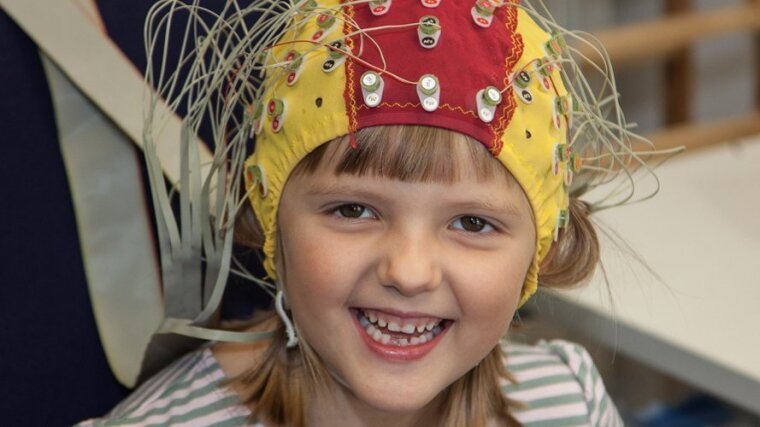
Mission Statement
This research unit approaches autism from a broad viewpoint and tries to better understand the core and complementary characteristics as well as the causes of autism, keeping in mind the complexity and variability of autism. Our ultimate aim is to enhance psychological health and to reduce obstacles that can prevent autistic people from developing to full potential. While autistic traits vary greatly already among neurotypical people, autism is classified as a neurodevelopmental condition characterised by social communication and interaction difficulties, restricted and repetitive behaviours as well as sensory hypo-and hypersensitivities. People with autism can differ greatly in the degree of support they require in daily life, and some can show specific interests as well as remarkable abilities in certain areas.
As a research unit, we benefit from our experience in person perception and social interaction research where we investigate the perception and expression of social signals using EEG, fMRI, eyetracking, and automatic assessment of social behaviors (via computer vision or audition). At the same time, we work with autistic people and practitioners and consider how these neurocognitive markers of communication relate to self- or parent-reported quality of life. Current research, with all its progress, suggests that autism remains a condition that needs to be better understood, so intervention approaches can become more effective and affected individuals can lead better, more integrated and fulfilled lives.
Learn more
Language Disclaimer
Within the autistic community, there are different positions on how autistic individuals wish to be adressed or discussed in public texts. In reference to the Recommendations for Autism Friendly Language: Guideline for Autism Researchers by our Patners Autismus Forschungs Kooperation Berlin-PotsdamExternal link, we have decided to follow suggestions by Bettema-Beitel et al. (2021), Autism: The International Journal of Research and Practice. Terminology guidance (2021) and Autism in Adulthood. Language Recommendations (2021). Therefore, we use „identity-first language (‚autistic adults‘ or ‚autistic participants‘), or more neutral terms such as ‚person on the autism spectrum' “.
References:
- Autism: The International Journal of Research and Practice. Terminology guidance (2021). https://jour- nals.sagepub.com/pb-assets/cmscontent/AUT/Autism-terminology-guidance-2021-1626860796.pdf (accessed Jan. 6, 2022)
- Autism in Adulthood. Language Recommendations (2021). https://home.liebertpub.com/publications/autism-in-adult- hood/646/for-authors#pubcoverModal%20(accessed%20Jan.%206,%202022
- Bottema-Beutel K., Cuda J., Kim S.Y., Crowley S., Scanlon D. (2019). High school experiences and support recommendations of autistic youth. J Autism Dev Disord. 50 https://doi.org/10.1007/s10803-019-04261-0




